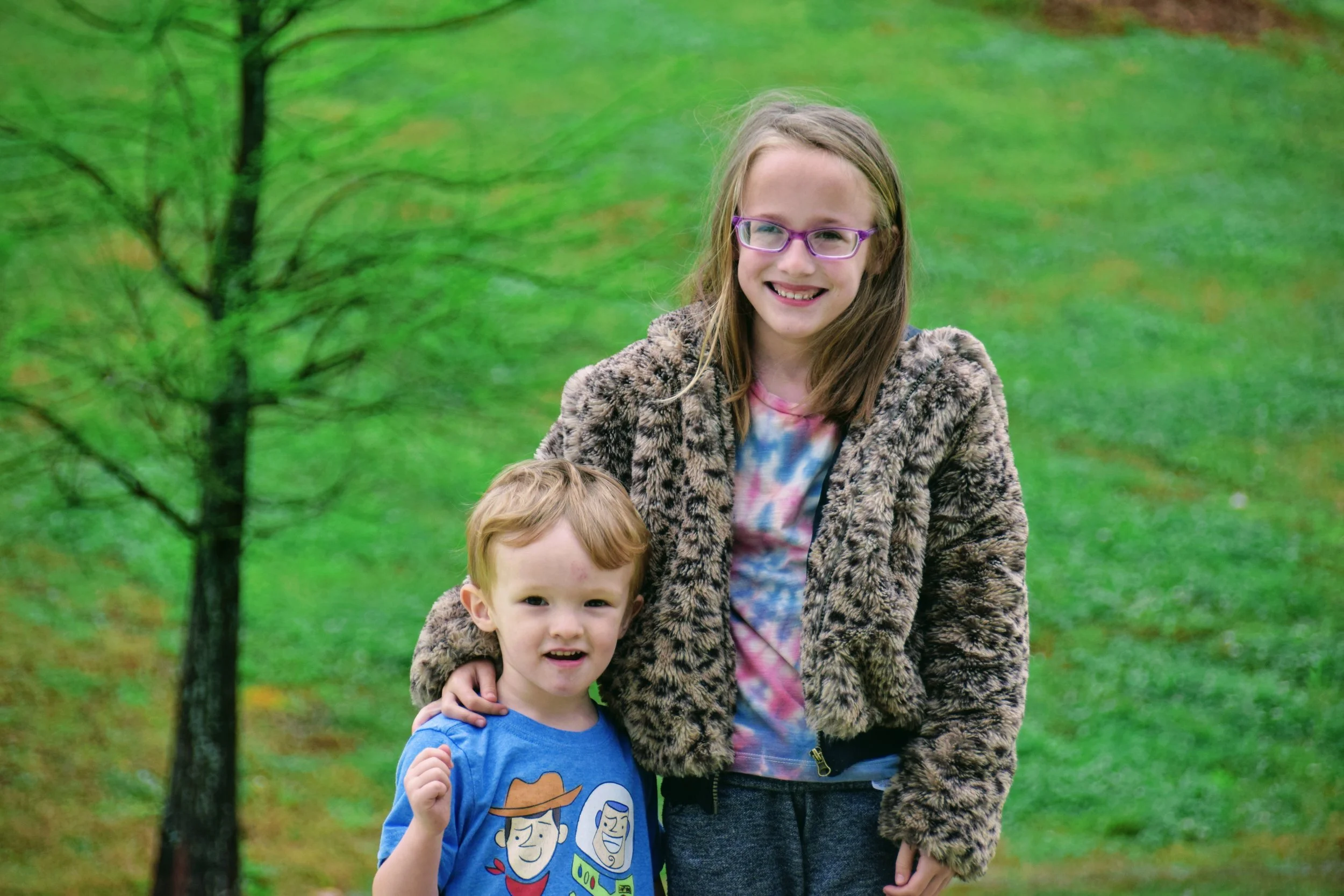Jefferts Schori: Fear
“If we're going to keep on growing into Christ-images for the world around us, we're going to have to give up fear. When we know ourselves beloved of God, we can begin to respond in less fearful ways. Our invitation, both in the last work of this Convention, and as we go out into the world, is to lay down our fear and love the world. Lay down our sword and shield and seek out the image of God's beloved in the people we find it hardest to love. Lay down our narrow self-interest and heal the hurting and fill the hungry and set the prisoners free. Lay down our need for power and control and bow to the image of God's beloved in the weakest, the poorest, and the most excluded.” The Right Rev. Katharine Jefferts Schori, first woman presiding bishop in the Episcopal Church of the United States, Homily preached at the General Convention's Closing Eucharist, Wednesday, June 21, 2006 after her election.
Recently we made a stop on our way to the gulf at a predominately white town in Mississippi for some supplies we had forgotten. As I walk through Walmart looking for the items we need, I look into the faces of those wandering the massive store as we are. What I see is fear. I see a little love and kindness but mostly fear, fear written in the tattoos on their bodies. Fear in the headlines in the magazines they are reading. Fear in the eyes of the children being pulled beside them. This is a segment of our country that has felt neglected, the working poor, those who worked and lost their jobs and never found another skill, those who were not taught or were not given the opportunity to the education which can be the key to life.
When we arrive at the gulf in Alabama, we go to a favorite restaurant. Those who are doing well are eating here. I hear talk of individualism, isolation, and nationalism. People here are also fearful. They have worked hard and fear they will lose what they have because of people who are different than they are. I hear them say that if others worked hard, they would be able to care for themselves as they did. They may be here to forgot about their fears. They may have been taught a zero-sum outlook, that there is only so much abundance to go around.
It’s getting more complicated. Fear is at every level of our society. We have lost our connection to each other. As I see myself becoming more “political,” I wonder how can I not be when every spiritual writing I read and hear in my lifetime has been about Christ’s call to us to serve others, and I fear our country is beginning to stop serving those in need.
Is this what Dietrich Bonhoeffer is talking about in The Cost of Discipleship? I think of Karl Barth telling us to preach with the Bible in one hand and the newspaper in the other. I am trying to stay informed, be active, but stay true to my connection to God. It is too complicated. My experience in spiritual direction reminds me that our fears block us from that connection to God. My previous spiritual readings remind me that I must at some point stop looking outside of myself and start looking inside at my own fears in order to consider making changes.
As we are called to discern, pay attention, and respond to the fears of others, we also need to become aware of what and where are our own individual fears. We actually can more easily see fear in others, but the harder task is to see what is the core of fear in ourselves which we have so masterfully disguised. This is where having spiritual friends to talk to can make all the difference.
Joanna joannaseibert.com


